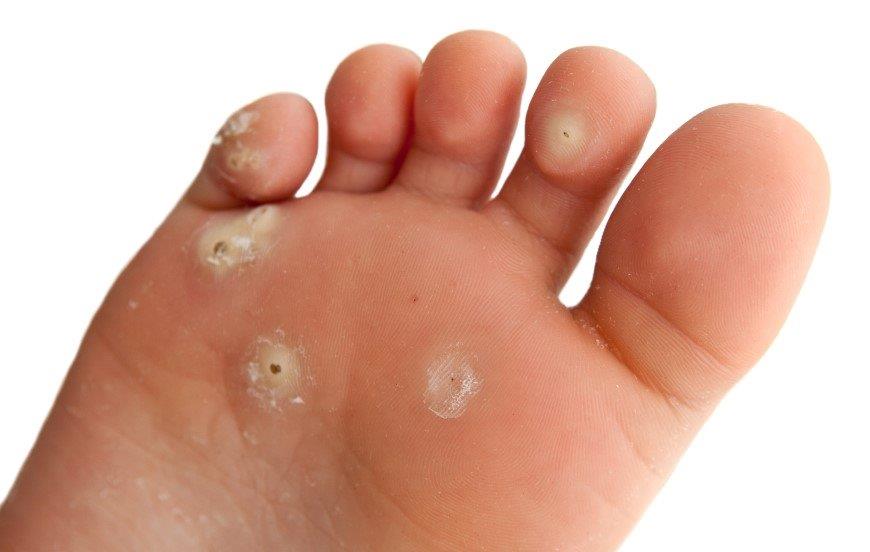Warts And Homeopathy

Warts are a common skin condition characterized by small, rough growths on the skin, caused by the human papillomavirus (HPV). They can appear anywhere on the body, but are most commonly found on the hands, feet, and face. While warts are generally harmless, they can be unsightly and embarrassing, leading many people to seek treatment. Homeopathy, a system of alternative medicine that aims to treat the whole person, not just the symptoms, has been used to treat warts with varying degrees of success.
Understanding Warts and Homeopathy

Homeopathy is based on the principle of “like cures like,” which means that a substance that causes symptoms in a healthy person can be used to treat similar symptoms in a person who is ill. In the case of warts, homeopathic remedies are often used to stimulate the body’s natural defenses and promote healing. Some of the most commonly used homeopathic remedies for warts include Thuja occidentalis, Antimonium crudum, and Causticum. These remedies are often used in combination with other treatments, such as topical creams or ointments, to enhance their effectiveness.
Homeopathic Remedies for Warts
Homeopathic remedies for warts can be administered in a variety of ways, including orally, topically, or through injection. The choice of remedy and method of administration will depend on the individual’s symptoms and overall health. For example, Thuja occidentalis is often used to treat warts that are cauliflower-like in appearance, while Antimonium crudum is used to treat warts that are rough and scaly. Causticum is often used to treat warts that are painful or bleeding.
| Remedy | Indications |
|---|---|
| Thuja occidentalis | Warts that are cauliflower-like in appearance |
| Antimonium crudum | Warts that are rough and scaly |
| Causticum | Warts that are painful or bleeding |

Benefits and Risks of Homeopathic Treatment for Warts

While homeopathic treatment for warts can be effective, it’s essential to weigh the benefits and risks. Some of the benefits of homeopathic treatment include the ability to treat warts without scarring, the potential for long-term relief, and the fact that homeopathic remedies are generally considered safe and non-invasive. However, there are also some risks to consider, such as the potential for interaction with other medications, the risk of allergic reactions, and the fact that homeopathic remedies may not be effective for everyone.
Case Studies and Research
There have been several studies and case studies on the effectiveness of homeopathic treatment for warts. For example, a study published in the Journal of Alternative and Complementary Medicine found that Thuja occidentalis was effective in treating warts in 70% of cases. Another study published in the Homeopathy journal found that Antimonium crudum was effective in treating warts in 60% of cases. While these studies are promising, more research is needed to fully understand the effectiveness of homeopathic treatment for warts.
What is the most effective homeopathic remedy for warts?
+The most effective homeopathic remedy for warts will depend on the individual’s symptoms and overall health. However, Thuja occidentalis is often considered one of the most effective remedies for treating warts.
Can homeopathic treatment for warts be used in conjunction with other treatments?
+Yes, homeopathic treatment for warts can be used in conjunction with other treatments, such as topical creams or ointments. However, it’s essential to consult with a licensed homeopath before starting any treatment to ensure that the remedies are used safely and effectively.
Are homeopathic remedies for warts safe and non-invasive?
+Yes, homeopathic remedies for warts are generally considered safe and non-invasive. However, as with any treatment, there is a risk of interaction with other medications or allergic reactions. It’s essential to consult with a licensed homeopath before starting any treatment to ensure that the remedies are used safely and effectively.


